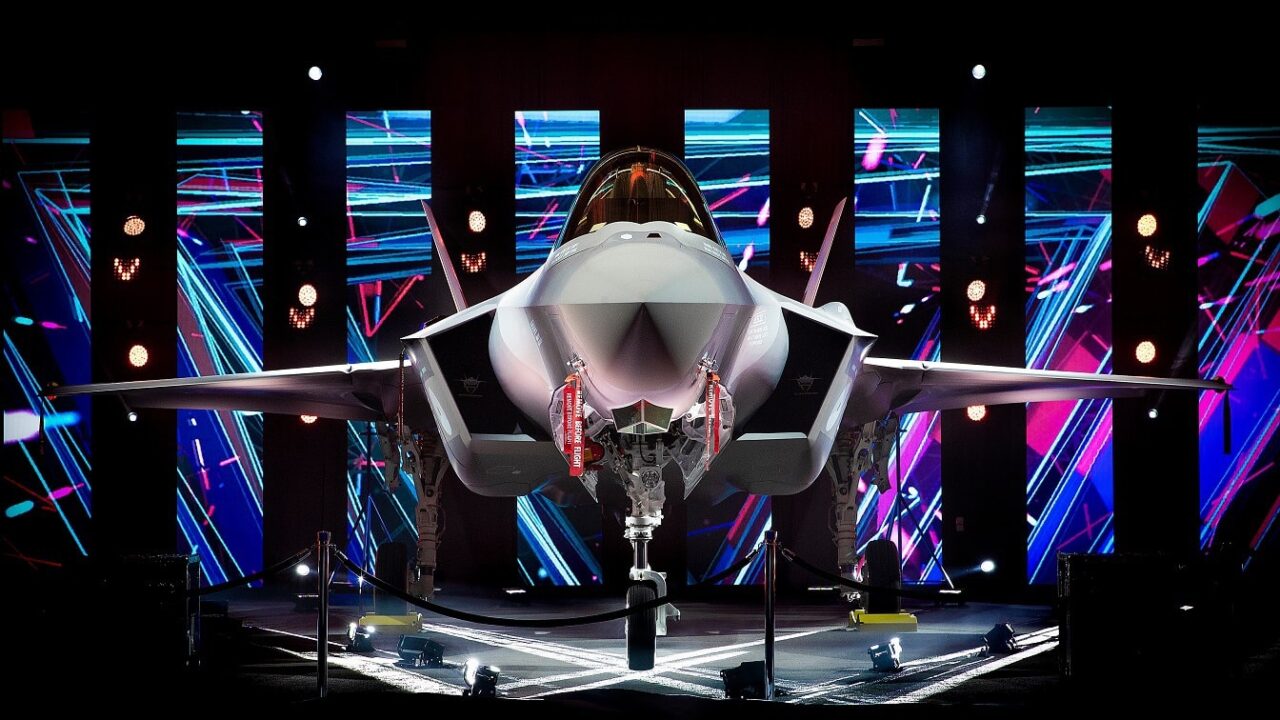Why Kamala Harris’ Deleted Tweet Could Matter – Vice President Kamala Harris’ social media team may have caused some problems for the White House after a Twitter post appeared to suggest that the United States government considers Ukraine to be a member of NATO – or a potential future member of the bloc.
On Tuesday, the vice president’s official Twitter account published and then deleted a message that appeared to suggest Ukraine would receive the same level of protection from the United States as a NATO member country.
“When I was in Poland, I met with U.S. and Polish service members, thanking them for standing with our NATO allies for freedom, peace, and security,” the account stated.
“The United States stands firmly with the Ukrainian people in defense of the NATO alliance,” the now-deleted tweet continued.
The tweet was accompanied by a photograph of Harris meeting American and Polish military personnel.
Soon after the tweet was deleted, a spokesperson from the vice president’s office claimed that the post was written by a DNC worker and that the word “and” was omitted by accident. The post was soon re-published, reading:
“When I was in Poland, I met with U.S. and Polish service members, thanking them for standing with our NATO allies for freedom, peace, and security. The United States stands firmly with the Ukrainian people and in defense of the NATO alliance.”
However, Harris herself made a similar comment during a meeting with the Democratic National Committee last weekend.
“Russia’s invasion threatens not just Ukraine’s democracy, it threatens democracy and security across Europe…so I will say what I know we all say, and I will say over and over again – the United States stands firmly with the Ukrainian people in defense of the NATO alliance,” she said.
The vice president’s comments may indicate a misunderstanding of the situation or could prove to be a Freudian slip that may cause trouble as Ukraine and NATO members do everything possible to force Russia to withdraw its troops.
Putin Doesn’t Want NATO On His Border
Before Russia invaded Ukraine, but as more than 100,000 Russian troops were stationed along the border with Ukraine, Kremlin spokesman Dmitry Peskov reiterated Russia’s expectation that Ukraine does not join NATO in the short-term.
“Ukraine not being admitted to NATO in the short term does not mean a refusal to admit it [to the alliance] in the medium term. From a dialectic viewpoint of developing international relations, this is just one point,” Peskov said in February.
This month, Peskov laid out four demands that must be met before the Russian military withdraws from Ukraine, including a constitutional amendment that restricts Ukraine from joining NATO, the immediate end to all military activity, the recognition of Crimea as a Russian territory, and the recognition of the independence of the eastern regions of Donetsk and Luhansk.
Russia has long opposed Ukraine’s efforts to join NATO. Putin described membership as a “red line for Russia” and argued that it would “threaten Russian national security.”
With peace talks ongoing between Ukraine and Russia, the White House may need to provide additional assurances – the kind of assurances that Putin demanded for months before he launched the “special military operation” in Ukraine – in the wake of Harris’ comments.
Jack Buckby is a British author, counter-extremism researcher, and journalist based in New York. Reporting on the U.K., Europe, and the U.S., he works to analyze and understand left-wing and right-wing radicalization, and report on Western governments’ approaches to the pressing issues of today. His books and research papers explore these themes and propose pragmatic solutions to our increasingly polarized society.

